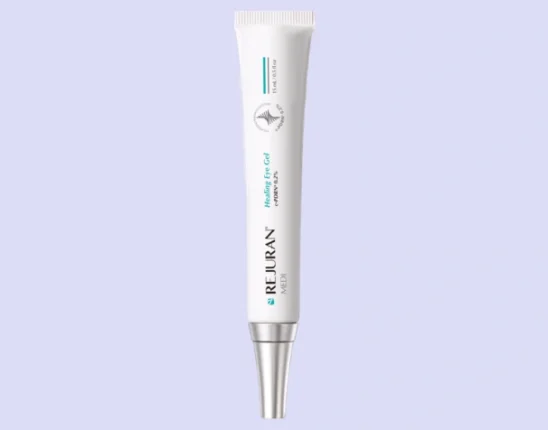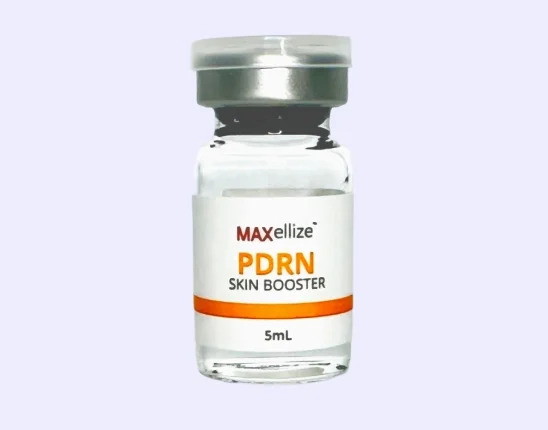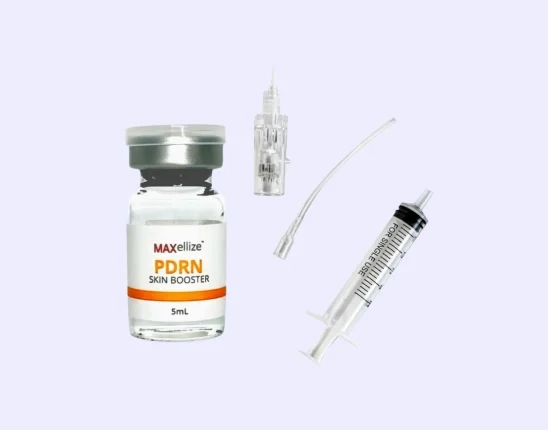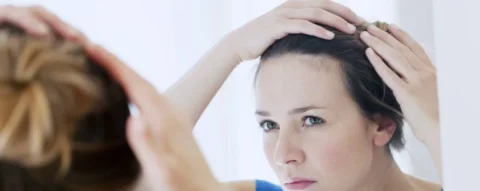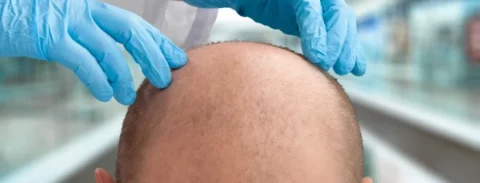Around 1 in 5 Americans are experiencing significant hair loss. Due to a number of reasons, your hair may gradually shed as early as your twenties and then worsen by the time you’ve reached your mid-adult years. While it isn’t life-threatening, hair loss can be distressing and a source of insecurity that can affect your confidence. Fortunately, there are plenty of treatments available in cosmetic medicine to reduce or completely treat hair loss.
So are treatments like fractional CO2 laser therapy and other growth factors really effective at treating hair loss? It ultimately depends on factors like the root cause of your hair loss, your lifestyle practices, and whether or not you have any conditions that can hinder treatment. Here are some of your options when considering hair growth treatments, as well as some of the potential reasons behind your hair loss.
Options to Consider for Treating Hair Loss
The things you can do to treat hair loss range from just the topical creams or medicines, to minimally invasive treatments, then to full-on surgical procedures. Some of the treatments you can consider to address your hair loss issues include laser therapy, medications, and hair transplant surgery among many other options.
1) Laser Therapy
There are a number of laser therapies available to promote hair growth. Some types of lasers like fractional carbon dioxide lasers work in two parts. First, it creates microthermal zones that remove the outer layers of the scalp consisting of old, damaged cells. And second, the laser heats up the layers underneath the scalp and stimulates collagen synthesis around the area. This helps create newer, healthier cells to replace the old layer after it heals.
Aside from keeping the scalp healthy, collagen fibers also contain amino acids used in building keratin proteins, which can result in stronger and thicker hair. In particular, the results from your fractional carbon dioxide laser treatment can help people experiencing hair loss due to the changes in their bodies due to hormones.
Another laser that can be used is low-level laser therapy. Also known as red light therapy, devices like a laser cap or laser helmet are worn on the head to expose the scalp to laser light. The heat from the laser stimulates blood flow, collagen synthesis, and epidermal stem cells that can improve hair growth and result in thicker, denser hair.
Pros and Cons of Treatment
| Pros | Cons |
| Can be used for several types of hair loss causes. Patients experiencing hair loss due to androgenetic alopecia or medical treatments like chemotherapy can benefit from laser therapy. Non-invasive and painless. Unlike other solutions, fractional laser therapy isn’t painful, doesn’t have adverse events on the laser-treated areas after treatment, and can even be done at home. Many laser helmets and laser caps are even wireless so that you can continue your daily activities while promoting hair growth through the laser procedure. Naturally thicker hair. Fractional laser therapy uses your body’s natural responses to improve your hair density and build stronger and thicker hair. | Certain types of lasers that are built for home use aren’t as strong as lasers in aesthetic centers. You can find laser devices for home use, but these don’t have the same results as medical-grade lasers used in aesthetic practices by professionals. Low-level lasers need more studies. There aren’t that many previous studies to show the long-term effects of low-level laser therapy on laser-treated areas. Not for patients taking medications for other conditions. Laser therapy can affect photosensitizing medications, so ask your doctor if you can undergo laser therapy. |
2) Medication

There are medications that can treat your hair loss. If your hair loss is caused by an underlying medical condition, your doctor can provide treatment or the right medication, and you can see an improvement in hair growth. If your hair loss is due to a nutritional deficiency, they may prescribe supplements.
For those with genetic pattern baldness (androgenic alopecia or alopecia areata), there are some medications available to slow down or pause your body’s natural hair loss. These include:
- Minoxidil – an over-the-counter topical medication
- Finasteride – a prescription drug for men
- Other oral and topical medications like Carospir, Aldactone, and Avodart
Pros and Cons of Treatment
| Pros | Cons |
| Effective treatment that can manage genetic hair loss. Many people, particularly men, notice significant improvement when they take medication. Hair loss caused by genetics can’t be cured, but several medications can produce visible results with varying levels of success. Safe for most patients. While there are some side effects and pregnant women shouldn’t take Finasteride, these medications are safe and provide results. To avoid adverse events, ask your doctor first before taking hair loss medication. Non-invasive, no need for treatments. Unlike other solutions, there’s no need to prepare for downtime or spend time in an aesthetic center, as these medications can be used or taken during the day. | Takes time to see results. You should be using medications like Minoxidil for at least 6 months before you see hair loss reducing, and then additional months before you see improved hair growth. Benefits stop when you stop taking medication. You’ll need to constantly be using these medications if you want to maintain its effects on your hair. Not everyone sees results. Those who want fast results should explore other options. It’s also good to note that some medications like Finasteride may not work as well for older men. |
3) Hair Transplant Surgery
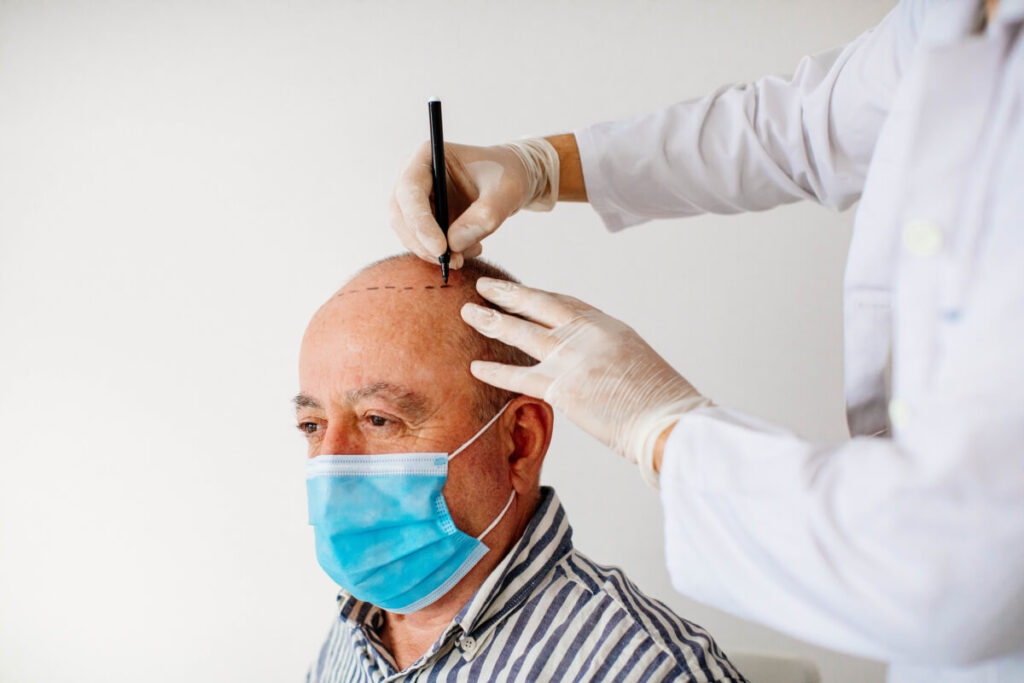
A more invasive cosmetic procedure, hair transplant surgeries involve taking a healthy donor hair at the back of your head and transplanting it into the areas experiencing thinning due to hair loss. These will continue to grow until the area is replaced with thicker, healthier hair.
Many people opt for hair transplant surgeries when all other options have been exhausted, as it’s the more invasive and drastic measure. Not all hair transplants are successful, but many see a significant difference when they receive transplants.
Pros and Cons of Treatment
| Pros | Cons |
| Guaranteed healthy head of hair. Unlike other treatments that require waiting for hair growth, hair transplants can help you cover up bald and thinning areas with improvement in hair counts. No need for specialized treatment. You can treat the hair on your head like regular hair after your recovery time is over. No need for medicines or follow-up treatment. Natural appearance. Depending on your treatment provider, you can achieve a natural-looking appearance with fuller hair in thinning areas that can improve the way you look and feel. | Doesn’t stop future hair loss. Hair transplants aren’t a permanent solution and can’t stop future hair loss. The head of hair you can achieve after treatment may not fully be accepted by your body. Most expensive solution. The cost of hair transplants can range from $4,000 to $15,000, depending on the severity of your condition. Because this is a cosmetic issue, it’s unlikely to be covered by health insurance. Invasive surgical procedure. This means that you’ll need up to 5 weeks of downtime and recovery time after your treatment. This means covering your scalp when going outdoors while it heals. |
Why Am I Experiencing Hair Loss?
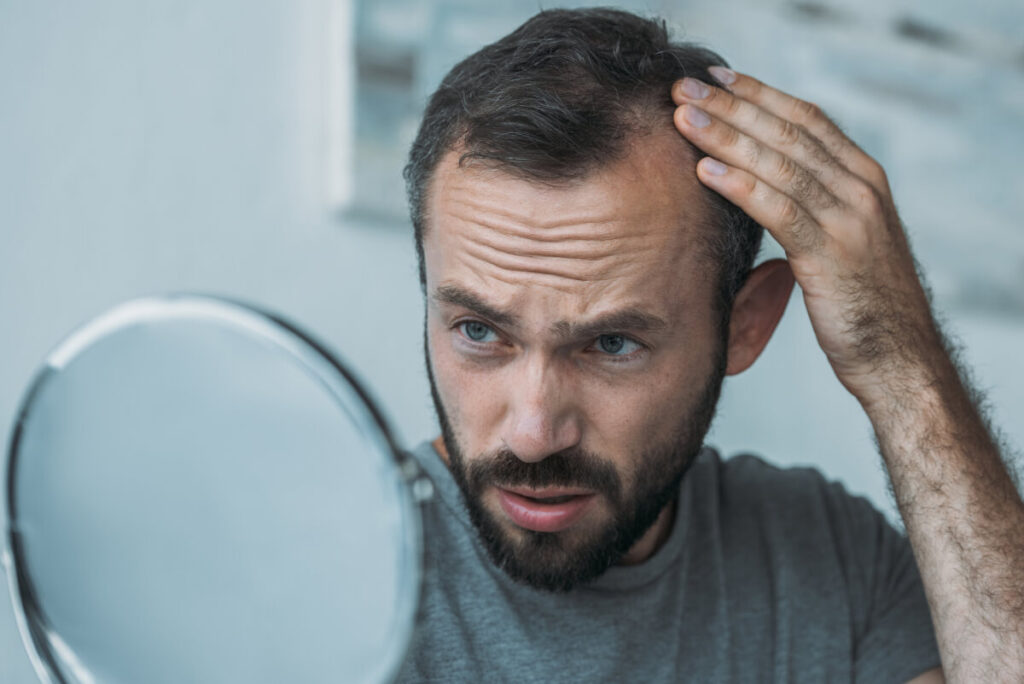
Slowing down hair loss and promoting hair growth isn’t a one-size-fits-all solution for everyone who wants to treat thinning hair. There are a number of root causes that result in hair loss, and each of these causes needs to be treated appropriately to see an improvement in your hair.
1) Genetics
Having male or female pattern hair loss, both more commonly known as androgenetic alopecia, is the result of your genes. When your body develops, certain parts of your X chromosome contain the genetic code that can trigger baldness as early as in your twenties.
Androgenetic alopecia is more common in men than in women. Some men with a genetic condition can experience visible hair loss as early as their twenties or thirties. If left untreated, their hair will gradually thin out by the time they reach their later years.
Around 80% of men experience varying degrees of hair loss by the time they’re in their eighties. Women, on the other hand, are less likely to experience significant female pattern hair loss until later in life, with only 50% of post-menopausal women experiencing varying levels of hair loss.
While genetic pattern baldness has no permanent cure, treatment of alopecia through medications and hair transplants can help slow down or hide the effects of hair loss.
2) Hormonal Changes
A drastic change in your hormone levels can affect your hair’s health and cause hair loss or promote hair growth. For example, high levels of estrogen can promote hair growth while higher levels of testosterone can.
This is why women who take birth control pills may experience hair loss. Likewise, this is why pregnant women experience better and faster hair growth during pregnancy (as estrogen levels are higher among pregnant women) but then experience drastic hair loss up to one year after giving birth.
If these hormonal changes are due to medications you’re taking, its effects may wear off after you stop taking them. For women who have just given birth, expect that your estrogen levels can take around 4 months up to a year to go back down to your pre-pregnancy levels.
3) Underlying Medical Conditions
Some cases of hair loss are caused by underlying medical conditions that affect hair growth. These conditions include:
- Autoimmune disease
- Bacterial infection on the scalp, including psoriasis and seborrheic dermatitis
- Cancer
- Chronic stress
- Depression
- Polycystic ovary syndrome
- Thyroid diseases
If you have these diseases, treatments and supplements that promote hair growth or slow down hair loss won’t be as effective. After you’ve had your condition treated, you may see an improvement in your hair regrowth. If these are chronic conditions, talk to your doctor about the ways you can minimize the effects of your condition on your hair.
4) Medications and Other Treatments
Some medications and some treatments interfere with your regular hair growth, resulting in speeding up the hair growth process and the hair fall. Some of these include:
- ACE inhibitors
- Antibiotics and antifungal drugs
- Anticoagulants
- Antidepressants and other mood stabilizers
- Birth control pills
- Chemotherapy drugs and other drugs that treat cancer
- Hormone replacement therapy
- Retinoids (vitamin A) medication, especially for acne
- Medication for lowering cholesterol
- Thyroid medications
If you’re taking these medications or treatments temporarily, your hair loss may subside after you’ve stopped. You can also talk to your doctor if you’re concerned about the effects of your medications and treatments on how mild or severe your hair loss is.
5) Poor Hair Care Practices and Bad Habits
Your body may be producing healthy hair growth, but exposing your hair to poor hair care practices is making your hair weak and brittle. Here are some of the ways you may be harming your hair:
- Shampooing your hair so often that you’re stripping away its natural moisture.
- DIY bleaching or having someone who isn’t a professional bleach your hair.
- Frequently exposing your hair to heat-based treatments (curling irons, flat irons, etc.) and UV exposure.
- Tying your hair in tight hairstyles (traction alopecia), which tug your hair follicles down to the roots
A combined treatment consisting of simple home remedies and practices like using protective hair care products and avoiding tight hair styles too often can help you see an improvement in your hair. In case of severely damaged hair due to bleaching or excessive heat exposure, it may be difficult to restore your damaged hair. In this case, it might be more practical to regrow healthier hair instead.
6) Nutritional Deficiencies or Excess Nutrients
Your body may have too little or too much of a certain nutrient that it’s affecting normal hair growth. If you have a nutritional deficiency, your body will use what little of that nutrient you have for the more essential functions, and hair growth is likely not a priority. And if you have too much of a certain nutrient, it can affect how your body functions, too.
Some of the nutrients that affect hair growth include:
- Vitamin A – vitamin A is necessary for hair growth as it improves cell growth, and assists in sebum production from the hair follicles, which keeps your hair (as well as your skin and scalp) sufficiently hydrated. However, too much vitamin A can also cause hair loss through hypervitaminosis A. The excess retinol speeds up the hair growth cycle and can result in hair reaching the end of the growth phase quickly and shed even when your body isn’t ready to replace it with new hair.
- Vitamin B Complex – those with biotin deficiencies commonly experience hair loss, while other B vitamins can help with blood flow to the scalp.
- Vitamin C – vitamin C serves as an antioxidant and can boost collagen and improve iron absorption, which improves the blood flow to the upper parts of the body, including hair, which can stimulate growth and better hair follicle regeneration.
- Vitamin D – it’s unknown how vitamin D helps with hair growth, but low levels of vitamin D are linked to alopecia and poor hair growth.
- Vitamin E – it’s an antioxidant that protects your hair from free radicals, which can make your hair weak and brittle.
If you suspect you have a nutritional deficiency, it’s good to talk to your doctor. They can order blood tests and recommend if nutritional supplements, diet changes, or alternative treatments are necessary for you, especially for your hair health. Taking supplements without your doctor’s instructions may or may not affect your hair growth, which is why you have to make sure that it works for your benefit.
Find Quality Health and Beauty Supplies at FACE Med Store
Hair loss can be paused or at least slowed down with the right treatment. Figuring out the root cause and using the right practices and treatments for hair loss can help stimulate hair growth and prevent significant hair loss from affecting your appearance. From fractional laser treatments to other types of hair loss remedies, rely on your doctor to give you the best hair loss treatment plan so that you receive the right kind of hair growth factors for healthier, stronger, and longer hair.
At FACE Med Store, our customers can find hair care products, health and beauty supplies, and other equipment that can promote hair growth. We service both businesses and everyday users, and provide great deals on competitively-priced hair care products. Browse through our online shop today to find the supplies you need.
Learn More: How Can Fibroblast Growth Factor And Epidermal Growth Factor Prevent Hair Loss?

